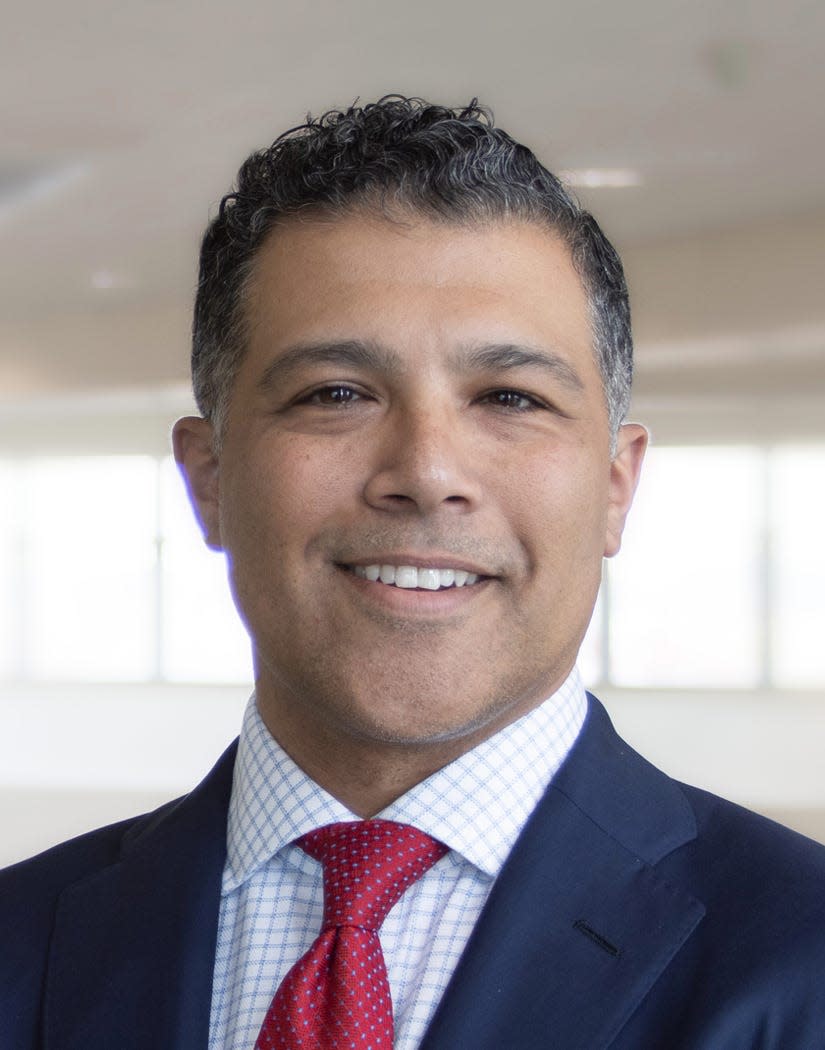Opinion: State GOP healthcare proposals have unintended consequences
A series of legislative proposals by the leaders of the Republican-controlled Indiana Senate and House of Representatives to address healthcare costs, driven by special interests, will not achieve the desired outcome and could actually lead to higher costs for Hoosiers.

Surprisingly, the House and Senate leaders have resorted to strategies that are more indicative of big government-style tactics rather than the free-market principles they say they support. Their proposals include unilaterally instituting price caps, nullifying long-standing contract terms, and interfering in hospital negotiations with private payers.
These proposals reflect a lack of understanding and appreciation for how our healthcare system functions and will likely have the unintended consequence of forcing healthcare costs higher. The proposals would:
increase competition for our state’s limited supply of physicians, including by venture capital firms, leading to increased compensation that will be passed on to payers and patients.
encourage the creation of more independent physician practices that, contrary to uninformed opinion, often charge more for their services than employed physicians and limit the number of low-income patients they will accept.
set an arbitrary price limit for every health service hospitals offer, including those commonly used services that currently cost less than the target. This could encourage hospitals to raise those prices to the new ceiling.
The House and Senate proposals unfairly and arbitrarily single out Indiana’s nonprofit hospitals, which provide 24/7/365 services to Hoosier communities across the state. This essentially gives a free pass to other parts of the healthcare system that also contribute to rising healthcare costs, such as health insurers and pharmaceutical manufacturers.
As the largest and only academic health system in Indiana, Indiana University Health has a unique responsibility to be a leader in matters that affect the health of Hoosiers. This includes keeping healthcare affordable, so Hoosiers continue to have access to high-quality care. To support our commitment to healthcare affordability, IU Health has made an unprecedented pledge to align its hospital prices with national average commercial rates by 2025.
Since making our commitment two years ago, IU Health has reduced radiology prices by 45% and specialty pharmaceutical prices by 35%. Lab prices are now at Medicare rates or less. As a result of these efforts, we expect Hoosier businesses and their employees to see more than $1 billion in savings over the next few years.
Unfortunately, IU Health’s progress on price reductions and its commitment to affordability are under threat from the new House and Senate proposals. We cannot continue with our pricing affordability plan if the Indiana legislature pursues unprecedented legislation that inserts government in private contract negotiations, hiring practices and the setting of prices.
Members of the General Assembly need to understand the disastrous consequences of these proposals and make significant changes and improvements to their legislation. IU Health has been at the table for months and remains eager to work with our legislative and other healthcare industry colleagues to develop sustainable solutions that will ensure continued access to affordable healthcare for all Hoosiers. The survival of our essential hospitals and the future health of Hoosiers depend on it.
Art Vasquez is president and CEO of the West Central Region of Indiana University Health, which includes IU Health Arnett, Frankfort and White Memorial hospitals.
This article originally appeared on Lafayette Journal & Courier: Opinion: State GOP healthcare proposals have unintended consequences

